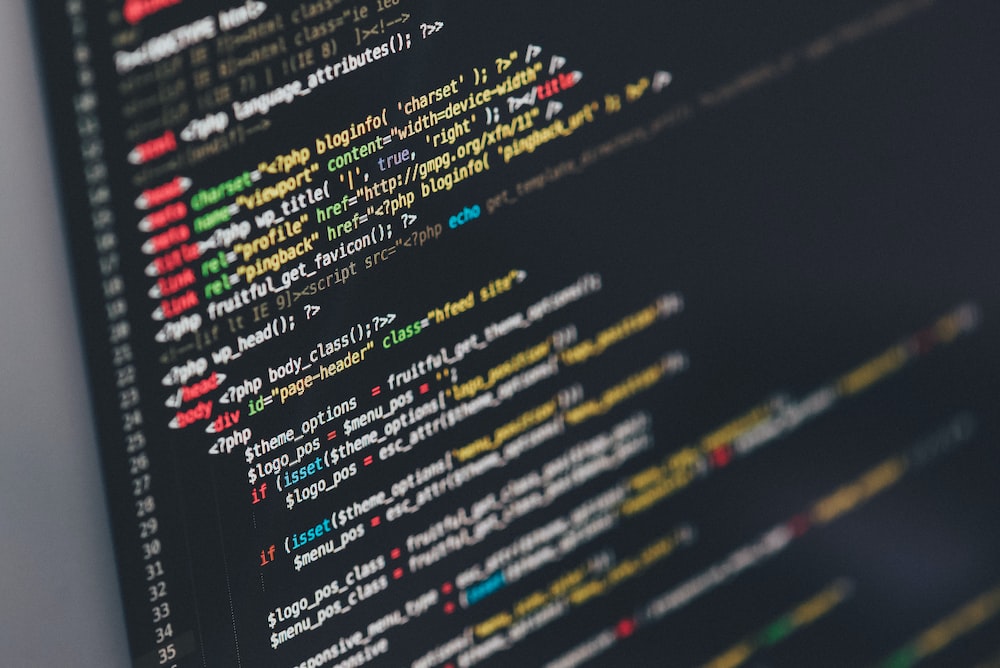Programming vs Coding; What’s the Difference?

Programming is the process or activity of writing computer programs (Oxford Dictionary). Programming is a method used to develop complex digital systems.
It goes beyond the simple act of writing code to devise a logical solution to a given problem. Unlike most definitions of “coding,” programming involves things like data structures and algorithms. It requires a much wider set of tools, including software for team management, design, and testing.
Coding is the use of computer programming languages to give computers and machines a set of instructions on what actions to perform. Coding is how humans communicate with machines.
It’s what allows us to develop apps, websites, and software. Without it, we would not have any of the most popular technology we rely on today such as Facebook, our smartphones, the browser we choose to view our favorite blogs, or even the blogs themselves, cos they all runs on codes.
It is also the act of translating instructions from human language to a format that can be understood by machines and the task is very specific. Below is an image showing what a code looks like.

CODE
While defining code above, the word programming language was mentioned. Programming language are sets of rules (or syntax) defining how to write code and these rule correlate human language to that of the computer (binary codes).
Below is a list of popular programming languages:
In conclusion, coding is actually an integral part of programming and formulates the basic building units or construct of any programming language as well as similar complex coding systems like Binary codes, Unicode, ASCII codes, UTF-8 etc.



No Comments yet!